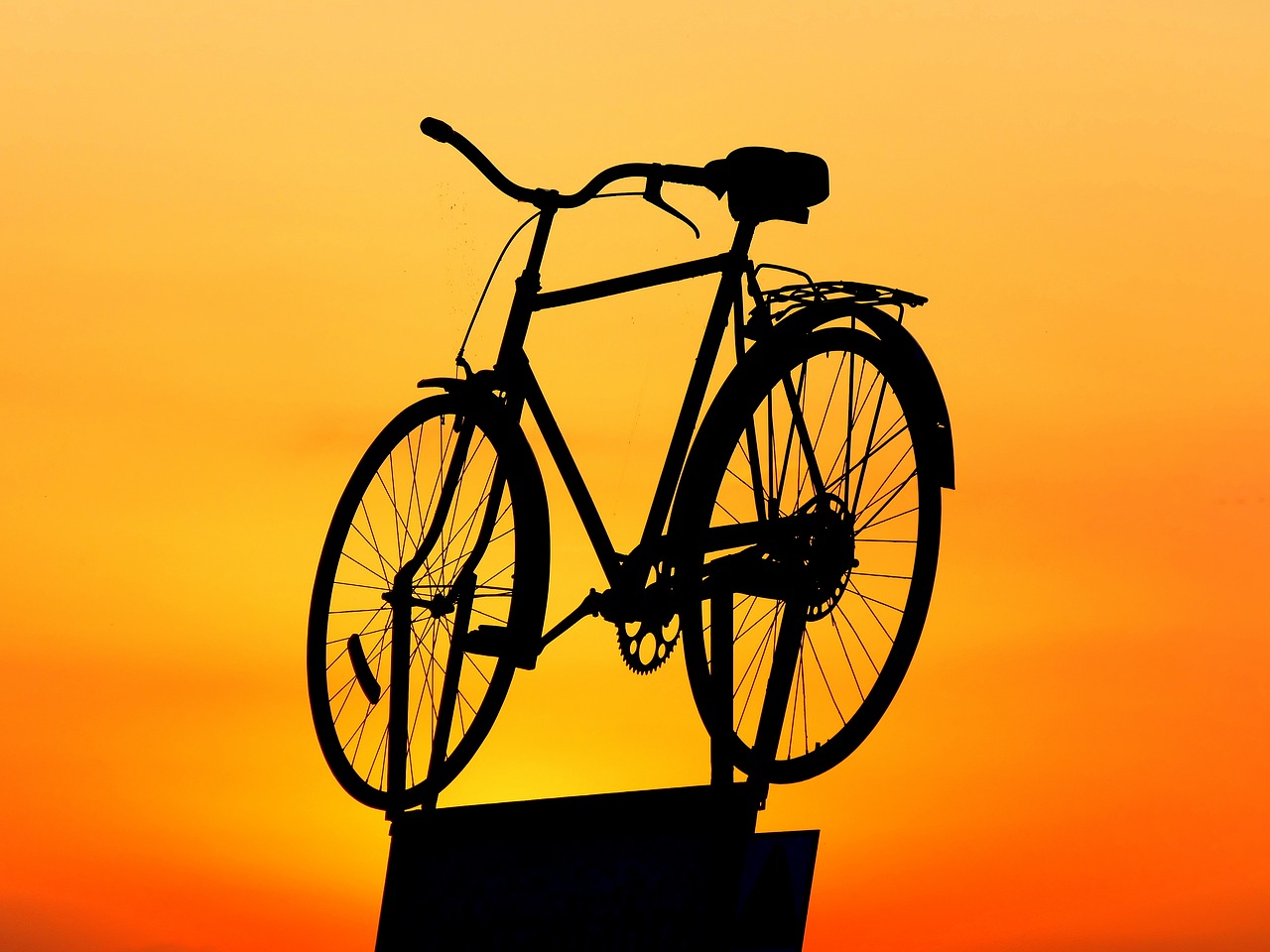By Alejandra Molina.
José Umberto Barranco was a 32-year-old Orange County man killed in 2007 by a drunk driver who struck him as he was riding his bicycle home from work at a Denny’s in San Juan Capistrano, Calif.
He was one of many working-class people, day laborers, and Latino immigrants who ride bicycles as a necessity.
That incident helped one Chicana activist from San Juan Capistrano realize bicycle advocates weren’t discussing the needs of riders like Barranco, who in the transportation world are considered as “transit-dependent” or “captive riders.”
“What Jose Umberto Barranco’s death said to me was that this wasn’t just a matter of vehicle choice, bikes versus cars … Race and class hierarchy were mixed up in how we traveled and whose safety mattered,” writes Adonia Lugo in her new book, “Bicycle/Race.”
Lugo, 34, opens her book with a tribute to Barranco, but much of what follows is her own journey of coming to terms with race and class identity as she navigates biking advocacy and racial justice spaces. Neither side, she found, was guaranteed to be open to the other.
Lugo’s biking activism began in Los Angeles, the city that taught her about being Mexican-American. The term “Chicana,” was not one she heard growing up in a Latino enclave of mostly first-generation immigrants in Orange County’s San Juan Capistrano, Lugo tells Next City in an interview.
[divider] [/divider]





